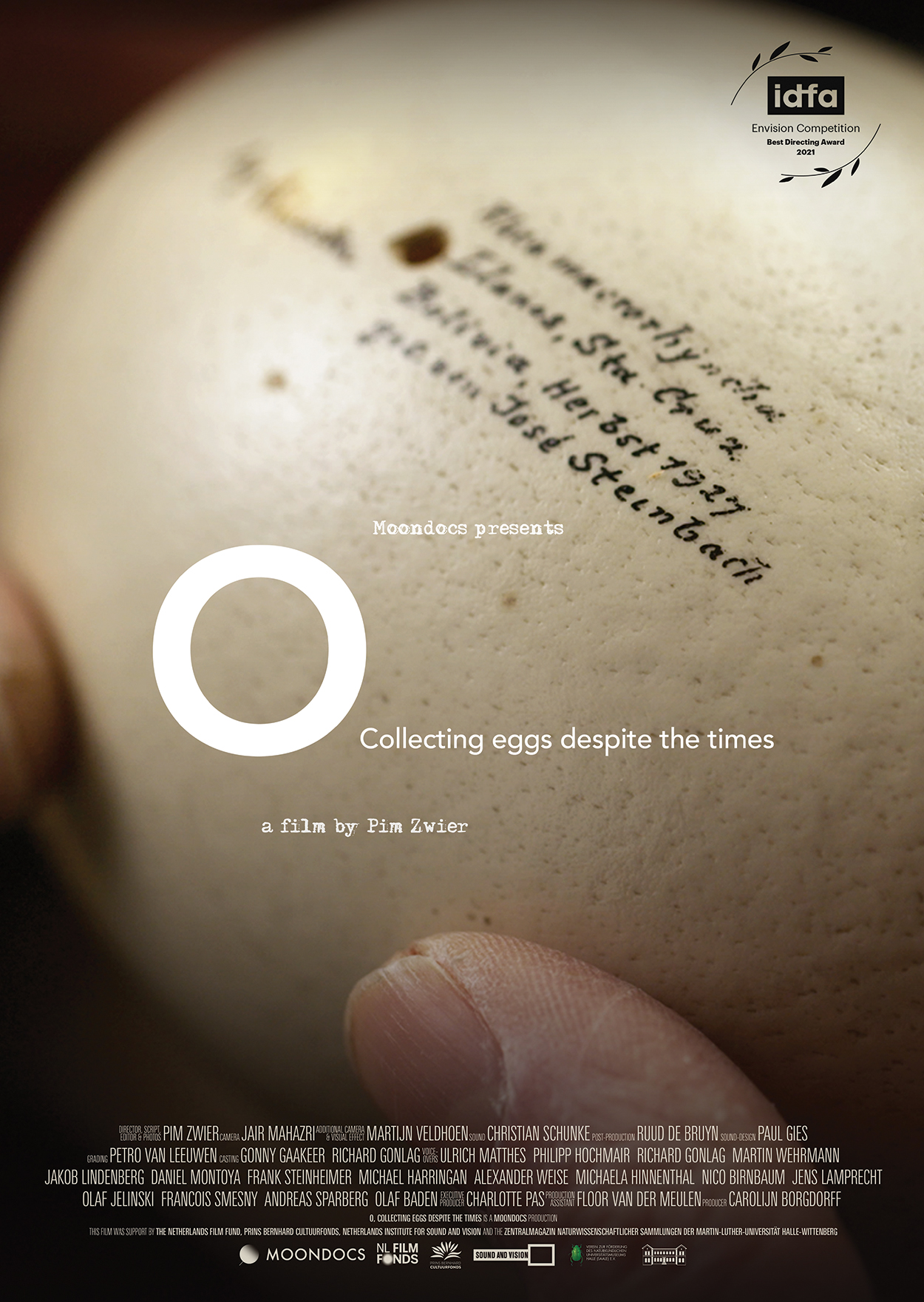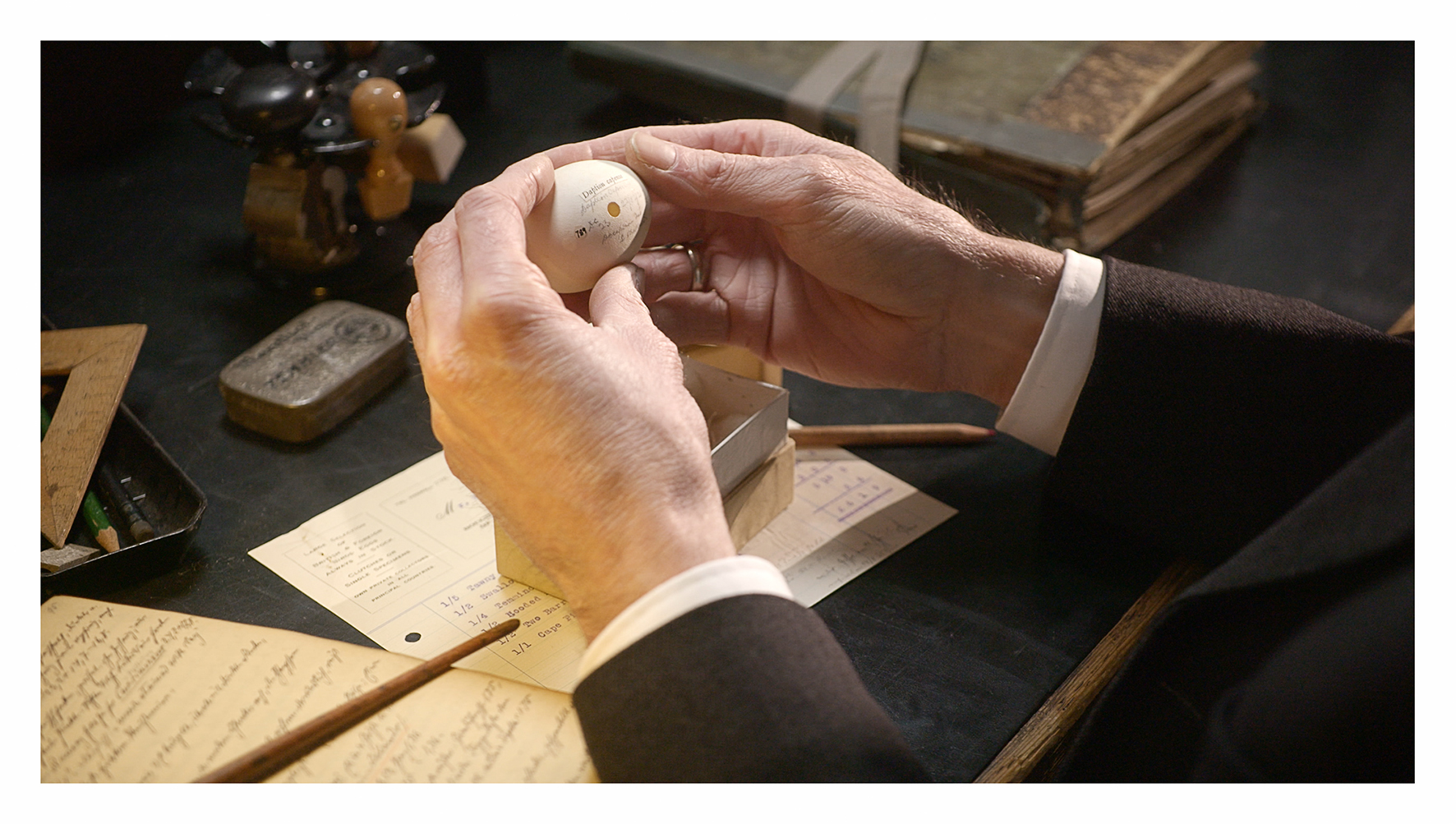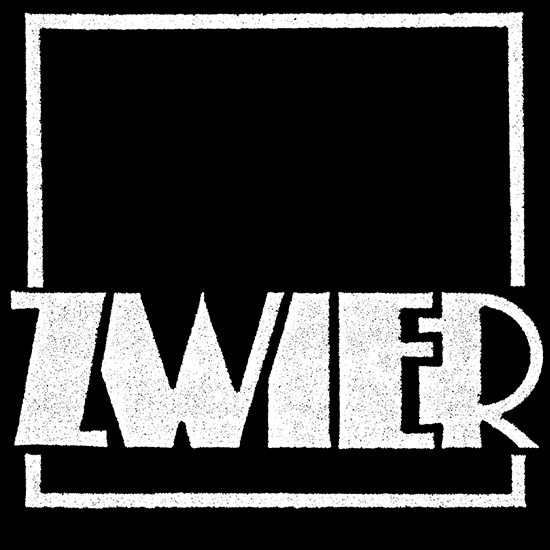
The Documentary Stipend of the Prince Bernhard Culture Fund 2022
IFDA Envision Competition: Best directing Award 2021
From the jury statement: “In this structurally surprising and well-crafted film, the fragility of eggshells becomes the metaphor for the vulnerability of the human spirit as it collides with the heaviness of war. It recognizes the passion of collectors going through harsh and tragic times, and research as an important element of documentary film.”

My documentaries are frequently based on, or inspired by, archival material. I prefer images and/or descriptions in which ‘small history’ is recorded. In the third thesis of “On the Concept of History,” Walter Benjamin writes that “Nothing which has ever happened is to be given as lost to history,” [1] to which the Belgium philosopher and expert on Benjamin, Lieven de Cauter elaborates: “That is why the historian must have an eye for the insignificant, the forgotten, the marginal, because above all that must be saved, if only from oblivion.” [2] It is insignificant and marginal details that reduce major historical events to susceptible thoughts. And when individual experiences are intertwined with historical events an “intimate chronicle”[3] is created.
It provides me with the opportunity to link the abstraction of historical events to memories; a link which completes and nuances history, and provides new perspectives. According to Benjamin “The past exists as something that can be reconstructed, not as it really was, but how it is remembered. And this memory changes and enriches the past.”[4]
1[1] Walter Benjamin, ‘On the Concept of History’ 1940.
[2] Lieven de Cauter, ‘A storm rages from paradise’ Trouw news paper September 6, 2000.
[3] In his book ‘Story of a German 1914-1933’ Sebastian Haffner describes his autobiographical text as an ‘intimate chronicle’.
[4] Lieven de Cauter, ‘A storm rages from paradise’ Trouw news paper September 6, 2000.

O, collecting eggs despite the times (German spoken version)
80 min | colour / black and white | DCP | 5.1 | Subtitles in English
Voice overs: Ulrich Matthes, Philipp Hochmair, Richard Gonlag, Martin Wehrmann, Alexander Weise, Jakob Lindenberg, Daniel Montoya, Frank Steinheimer, Michael Harringan, Michaela Hinnenthal, Nico Birnbaum, Jens Lamprecht, Olaf Jelinski, Francois Smesny, Andreas Sparberg, Olaf Baden
Casting: Gonny Gaakeer and Richard Gonlag
O, verzamelen van eieren in weerwil van de tijd (Dutch spoken version)
80 min | kleur en zwart/wit| DCP | 5.1 |
Voice overs: Pierre Bokma, Marcel Hensema, Richard Gonlag, Peter Bolhuis, Mike Reus, Ilari Hoevenaars, Stijn Westenend, Wolter Muller, Francis Boekhuijsen, Gonny Gaakeer, Xander van Vledder, Sieger Sloot, Harpert Michielsen, Ronald Top, Dic van Duin, Rene van Asten
Casting: Gonny Gaakeer
Re-enacted scenes: Frank Steinheimer
Schönwetter’s egg collection: Zentralmagazin Natuurwissenschaftlicher Sammlungen, Halle
Bird taxidermy: Museum Heineanum, Halberstadt
Director, script, editor: Pim Zwier
Camera: Jair Mahazri
Additional camera and visual effects: Martijn Veldhoen
Additional photos: Pim Zwier
Sound: Christian Schunke
Production: Moondocs
Producer: Carolijn Borgdorff
Line Producer: Charlotte Pas
Production assistent: Floor van der Meulen
Voice-over recordings: Mixwerk Berlin, Johannes Wronka
Additional voice-over recordings: Klangfee Halle (Saale), Florian Marquardt
Sound design and mix: KLINK Audio Amsterdam, Paul Gies
Post production visuals: Loods, Lux & Lumen Amsterdam, Ruud de Bruyn
Colour grading: Petro van Leeuwen
The film was supported by:
The Netherlands Film Fund
Prins Bernhard Cultuurfonds
Netherlands Institute for Sound and Vision
Zentralmagazin Naturwissenschaftlicher Sammlungen der Martin-Luther-Universität Halle-Wittenberg
Verein zur Förderung des Naturkundlichen Universitätsmuseums Halle
